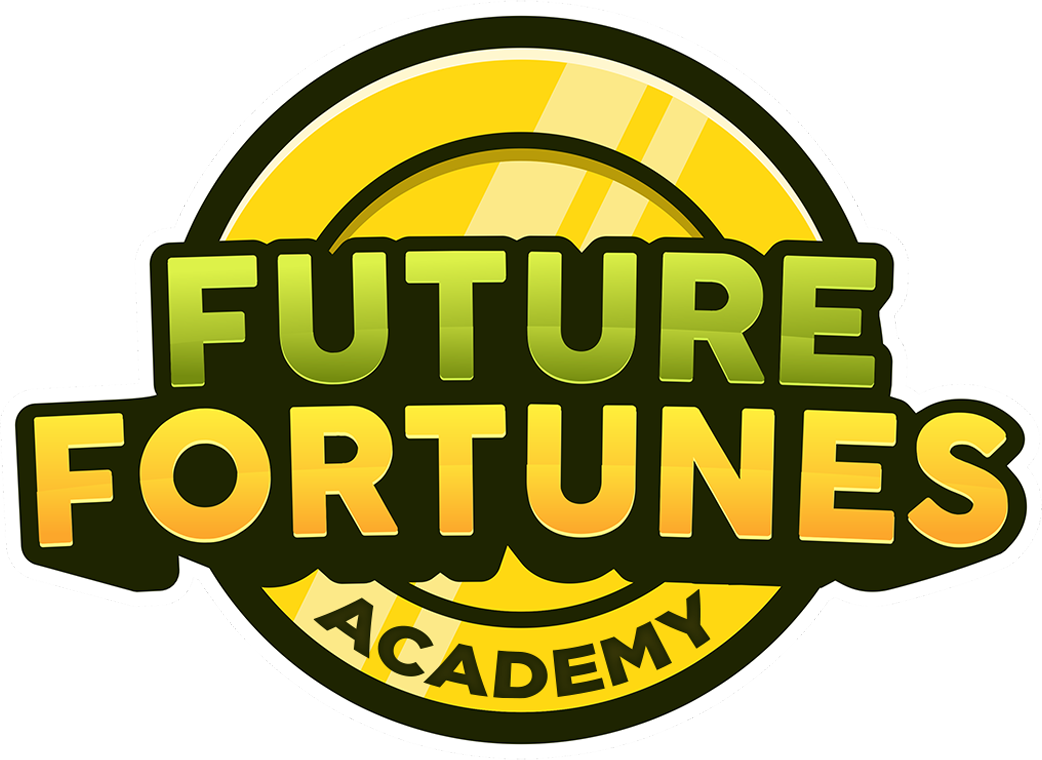Parents Are the First Teachers of Money Skills
Financial literacy for kids is one of the most valuable life skills they can learn, and parents play a crucial role in building that foundation. Even before schools introduce money lessons, children are already watching how their parents handle finances. Every grocery trip, bill payment, or family savings goal offers a chance to teach important money skills.
By starting early and making financial lessons part of everyday life, parents can help their kids build strong money habits that will last a lifetime.
Why Parents Matter in Financial Education
Children often learn best by example. They notice how money is earned, saved, and spent in the household. Whether it’s making a shopping list, comparing prices, or setting aside savings, these daily actions become powerful lessons in teaching kids about money. Parents who openly talk about financial choices can help kids feel confident and capable when managing money themselves.
Start with the Basics
You don’t need to be a financial expert to introduce money management for kids. Keep it simple and age-appropriate:
-
Show children coins and bills, and explain their value.
-
Talk about how money is exchanged for goods and services.
-
Teach the difference between needs and wants, and why it’s important to prioritize essentials.
These small conversations give kids a strong starting point for lifelong financial literacy.
Saving: A Skill That Pays Off
Saving is one of the most powerful financial habits parents can teach. Encourage children to save part of their allowance or any gift money. You can:
-
Provide a piggy bank or jar for short-term goals.
-
Open a savings account for long-term learning.
-
Help them set savings goals - like a new toy, book, or family experience.
Seeing their savings grow teaches patience, goal setting, and the rewards of delayed gratification.
Make Financial Education Fun
Teaching financial literacy to kids doesn’t have to be boring. Parents can make money lessons engaging by:
-
Playing board games like Monopoly or The Game of Life.
-
Using child-friendly financial apps or online games.
-
Creating family challenges, like saving together for a fun outing.
When learning is fun, kids are more likely to stay engaged and remember the lessons.
Real-Life Money Lessons
The best money lessons come from real experiences. Parents can involve kids in household decisions by:
-
Taking them shopping and comparing prices.
-
Explaining how the family budget works in simple terms.
-
Allowing them to manage a small budget for snacks, toys, or trips.
Hands-on practice makes financial concepts for kids practical and relatable.
Lead by Example
Children look to their parents for guidance, so modeling good financial behavior is essential. Show them how you:
-
Budget carefully and stick to it.
-
Save for both short-term and long-term goals.
-
Make thoughtful spending choices instead of impulsive ones.
By demonstrating healthy money habits, you provide your kids with a roadmap for financial success.
The Long-Term Benefits
When parents prioritize financial education, the impact lasts a lifetime. Kids who learn about money early are more likely to:
-
Make smart financial choices.
-
Avoid unnecessary debt.
-
Build strong saving and investing habits.
-
Achieve financial confidence and independence.
Financially literate kids grow into financially capable adults who are ready to navigate life with security and success.
Wrapping Up
Parents have the greatest influence when it comes to teaching kids about money. By starting early, keeping lessons fun, and leading by example, you can set your children on the path to financial stability and independence.
At Future Fortunes Academy, we believe financial education should be simple, fun, and empowering. Together, let’s raise money-smart kids and give them the tools they need for brighter futures.
Future Fortunes Academy Team


Share:
Financial Education for Kids: The Key to Lifelong Success
Explaining Community Services and Taxes to Kids: A Parent’s Guide